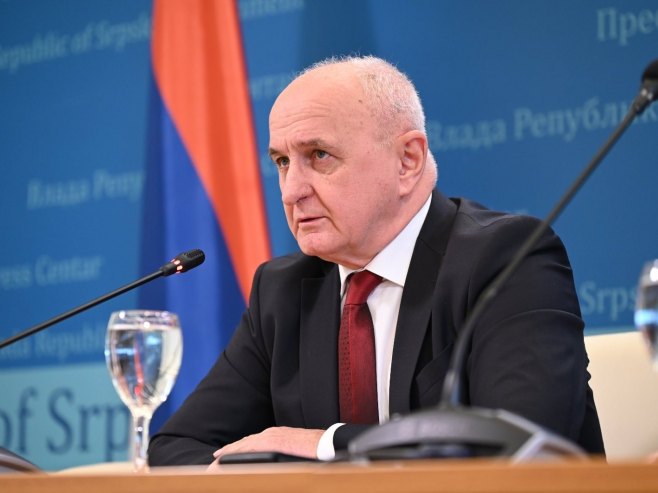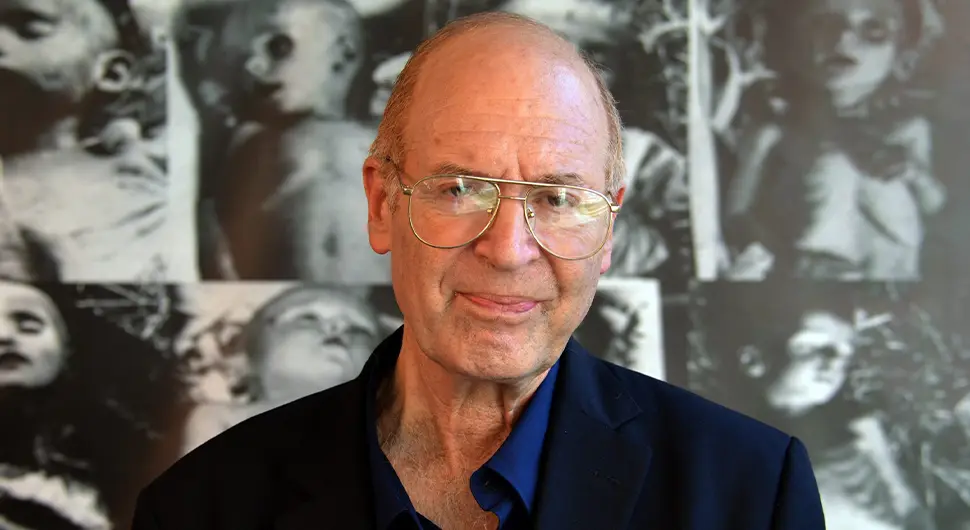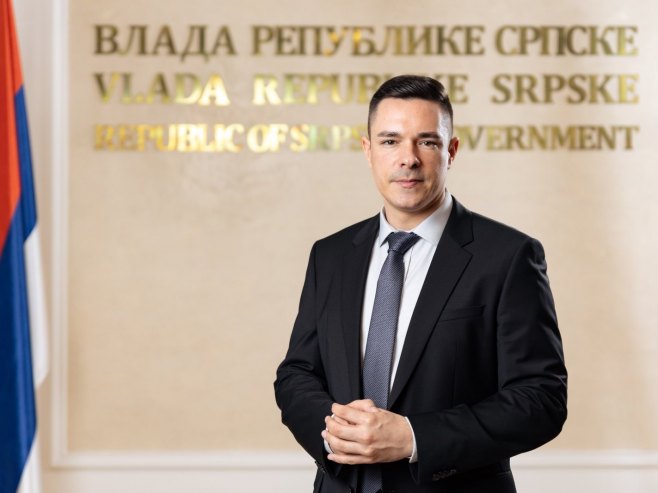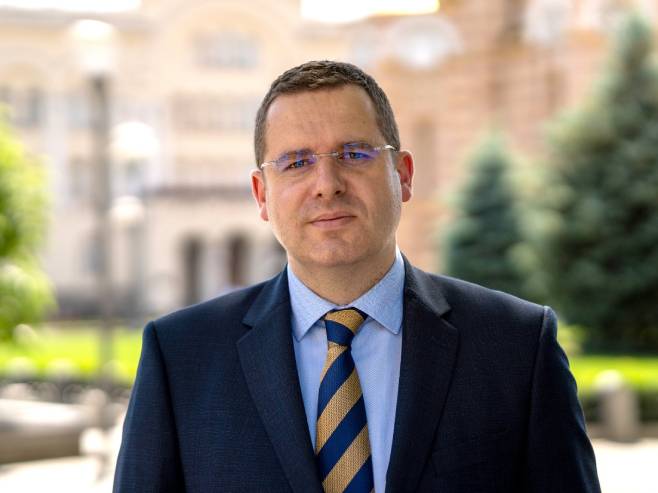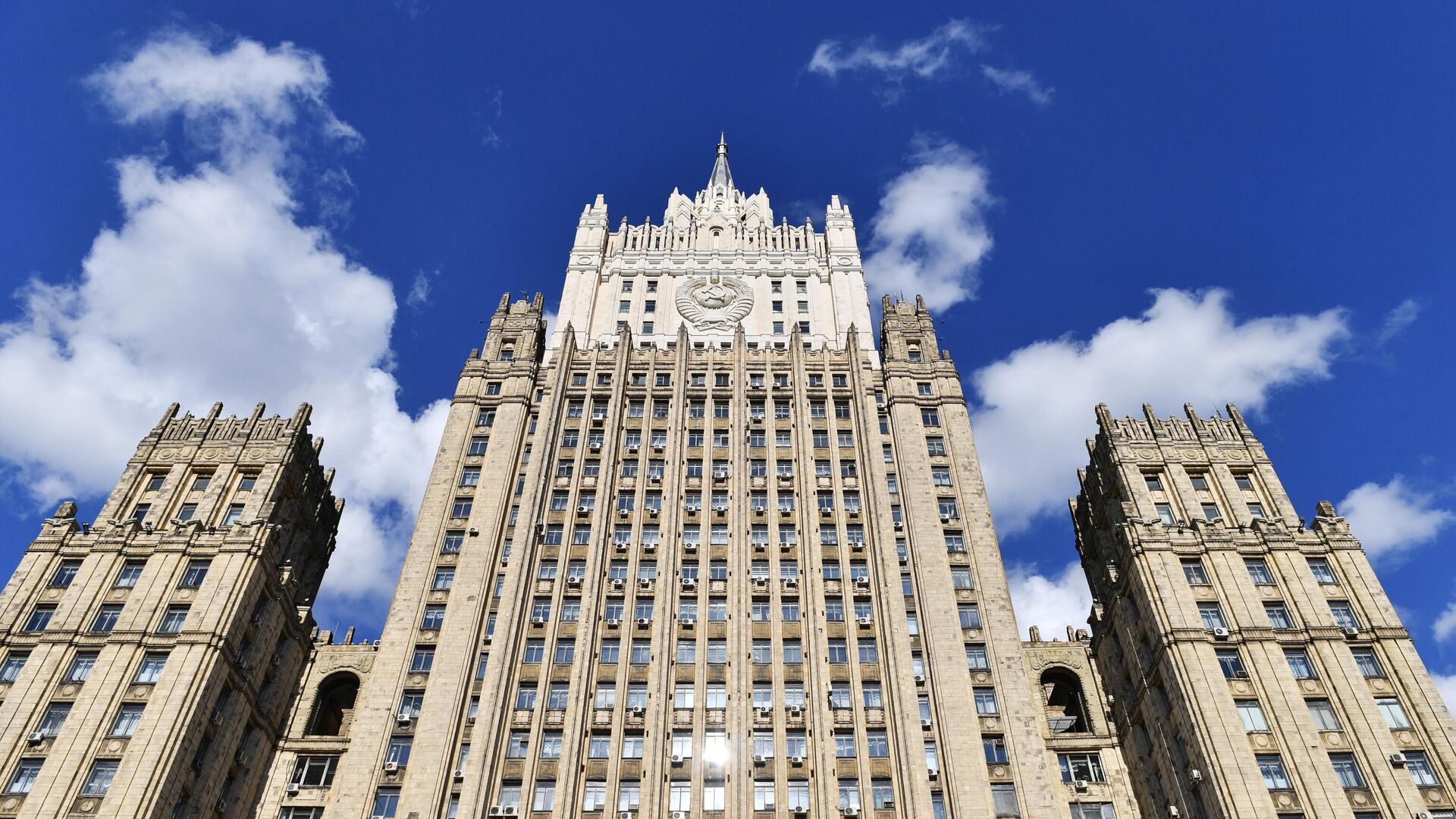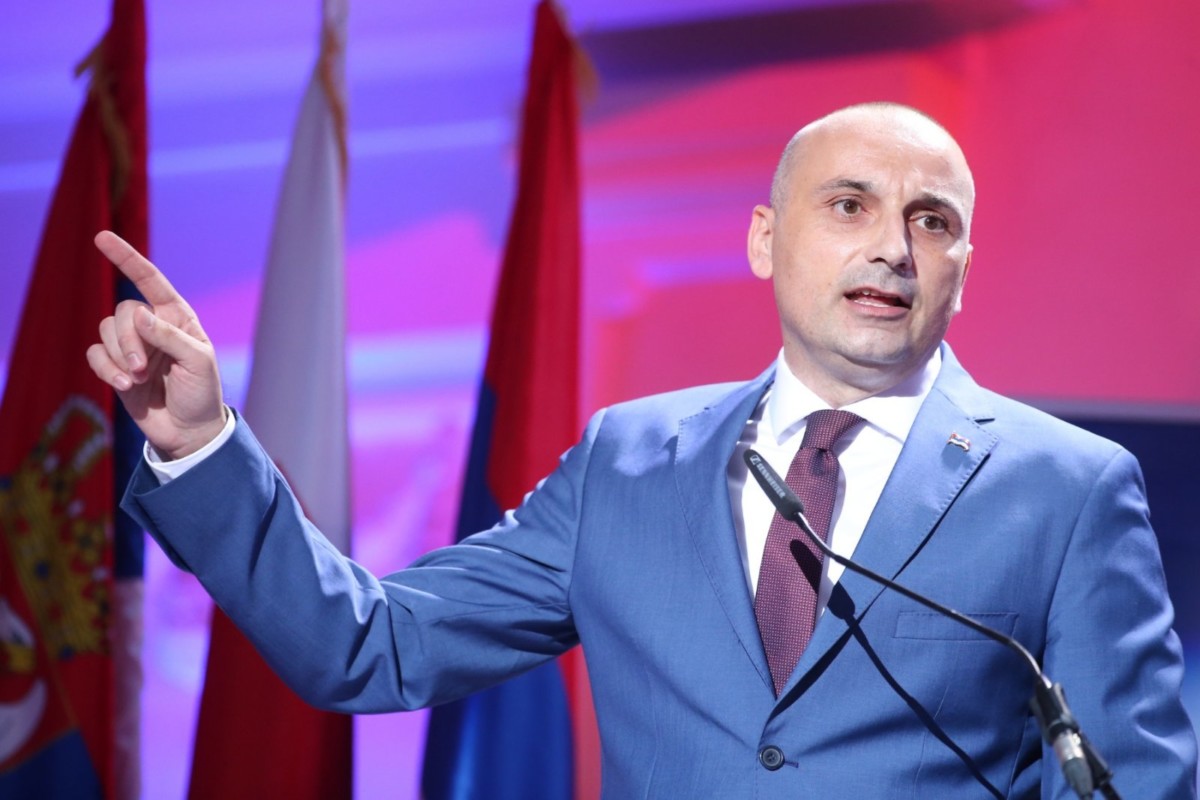Turkey is pursuing two political courses, both of which openly negate Atatürk’s legacy and endanger peace in the Balkans because they are hostile toward other religious and ethnic communities and their states. The first is neo-Ottomanism, a bid to restore influence across the former Ottoman sphere—visible today in narratives about creating a “Turkish world.”
The second is Islamism, which Galijašević says is now the core of President Recep Tayyip Erdoğan’s policy.
This was stated by terrorism expert Dževad Galijašević, commenting on Ankara’s increasingly aggressive posture toward Balkan states—evident, he says, in the recent delivery of a large number of “kamikaze” drones to self-proclaimed Kosovo and Turkey’s active role in training members of the so-called Kosovo security forces, intended eventually to become an army.
“Erdoğan has brought the Muslim Brotherhood into the Balkans and is seen as its unofficial leader. Such a policy cannot be friendly; we saw that in the ethnic cleansing of Nagorno-Karabakh, where Turkish drones played a key role. Delivering the same kind of weapons to Kosovo is not friendly but an aggressive act. That policy is anti-Serb. Everything Erdoğan has done in the Balkans recently is aimed against Serbia and the Serb people. If we add the creation of military alliances between Croatia, Albania, Slovenia and Kosovo, we can see an attempt to form a large anti-Serb Balkan bloc, supported by Turkey and other Western European NATO countries. The goal is to restrain Serbia and its growing global standing—something pursued since the 1990s. Turkey is now trying to fit into that NATO project, but for its own neo-Ottoman and Islamist aims, which include breaking up Serb ethnic areas and Serb statehood,” Galijašević told Glas Srpske.
GLAS: Turkey is trying to expand its influence not only in Kosovo and Albania but also in BiH. How does this “soft power” look in practice?
GALIJAŠEVIĆ: I would call it hard power. Turkey has clearly set out to “reclaim” areas once under the Ottoman Empire. We first saw this in the Arab Spring. Turkish military and intelligence forces helped topple pan-Arab socialism. Turkish special forces were the first to enter Benghazi and kill Gaddafi in Libya. They occupied parts of Syria and handed them over to the extremist and terrorist group al-Nusra. Ankara also helped depose Mubarak in Egypt, bringing the Muslim Brotherhood to power; since then, Egypt has been in that organization’s grip. For years, Turkey has actively worked to destabilize the entire Arab world—also seen in Yemen and the killing of President Ali Abdullah Saleh. Western powers would not have carried out the Arab Spring without the active, offensive role of a Muslim country—in this case, Turkey.
Since then, Turkey’s soft power has morphed into so-called hard power, including the use of military force. In these geopolitical games, Ankara often secures “spoils of war,” as with Kosovo. Erdoğan even claimed that “100 million Turks will defend it” if Serbia attempts to restore sovereignty over its southern province. That is why I see Erdoğan as a malevolent force: he advances two war-mongering ideologies. Europe will not be able to ignore Islamism and neo-Ottomanism forever as Turkey aggressively exports them.
GLAS: You say neo-Ottomanism—an imperial nostalgia—has been revived. How dangerous is this for our region, given what happened in Syria and the way Hamas was pushed into war with Israel?
GALIJAŠEVIĆ: Turkey was deeply involved in all of that, operating through the Muslim Brotherhood, founded in 1928 and long used by British intelligence. Today there are three key Brotherhood centers—Doha, Istanbul and London. The UK is a bridge to other European states, and Erdoğan uses all those channels. This network exists in BiH too. Add Wahhabism, and you get a dangerous ideological matrix. Erdoğan is currently its chief ideologue, and some Western countries tolerate him, allowing him to put the Balkans, including BiH, under his umbrella. This is an expansionist policy: Erdoğan is not a harbinger of good but a destroyer of states. His neo-Ottoman and Islamist ideology is anything but harmless.
We saw this with Hamas, which was used to spark unrest and conflict in the Middle East. We should not forget that individuals holding BiH passports and citizenships took part in some of the largest terrorist attacks worldwide—including 9/11. The connections to BiH are obvious and documented. Past cases show these organizations’ capacities are significant, and that BiH serves as a springboard into Europe.
GLAS: A Turkish group known as the “Grey Wolves,” famous for pan-Turkist ideology and extremism, has been present in BiH for years. How strong is their influence?
GALIJAŠEVIĆ: Considerable. They form part of the backbone of many Wahhabi settlements in BiH. But that is not Turkey’s only tool here. There are numerous so-called humanitarian organizations and media outlets openly promoting Islamism and neo-Ottomanism. How can anyone speak of “malign Russian influence” when Russia doesn’t even have a single media outlet or portal in BiH? By contrast, Turkey and Iran sponsor and support certain TV stations. Ankara even has soldiers in BiH within EUFOR. In Kosovo, the commander of international forces is a Turkish general. Turkey is using every lever to establish its neo-Ottoman power in the Balkans.
GLAS: Various influences overlap in BiH—Turkish, Iranian, Saudi. Why is BiH so important to these Islamic countries?
GALIJAŠEVIĆ: BiH is the only country in the world where they operate together. They want a base from which they can conduct operations—and even wars. BiH is their trump card in a confrontation with Western Christianity. Sadly, Europe still seems blind to how Iran, Turkey and Saudi Arabia use BiH to spread Islamism. Tehran does it through military-intelligence structures, Ankara through political and humanitarian networks, and Doha through ideology. Iranian generals have publicly acknowledged helping create the Wahhabi movement in BiH. They view this region as a military staging ground for actions against a common enemy—Christians—with Serbs high on that list.
GLAS: You argue Europeans don’t see this, which cannot be said for the British, who were behind the creation of the Wahhabi movement. What is the UK’s role in today’s Balkan dynamics?
GALIJAŠEVIĆ: The British were involved not only in creating Wahhabism but also the Muslim Brotherhood—projects designed to sow division within the Muslim world. London’s role is visible in India-Pakistan relations as well. British foreign policy has long been consistent: prevent the rise of Russia and Germany, and especially any Moscow-Berlin alignment. London uses Turkey to pursue its aims—and it uses BiH. There is clear synergy between London and Ankara. Germany, meanwhile, is incapable of responding adequately; geopolitically it has become a mouse. The EU will emerge as the biggest victim. Balkan terrorist networks—including in BiH—were not built to unsettle villagers around Sarajevo or Banja Luka; their target is Western Europe, now flooded with migrants from the Arab world. Ottomanism, coupled with the imperial spirit of the former Commonwealth, is tearing Europe apart. Berlin doesn’t see it, still obsessed with Serbophobia.
Military camps
GLAS: How dangerous are the various “parajamaats” that are proliferating in BiH, the Balkans and Europe?
GALIJAŠEVIĆ: I wouldn’t use that term. I would call them military-political camps. They are not just places of worship; they are centers for military training. Nearly every terrorist action bears the stamp of these or similar camps, financed by the global Islamist and terrorist network. They are preparing to take over when Western occupying forces eventually leave BiH, with Wahhabis as the shock troops for that effort.
Source: Glas Srpske

